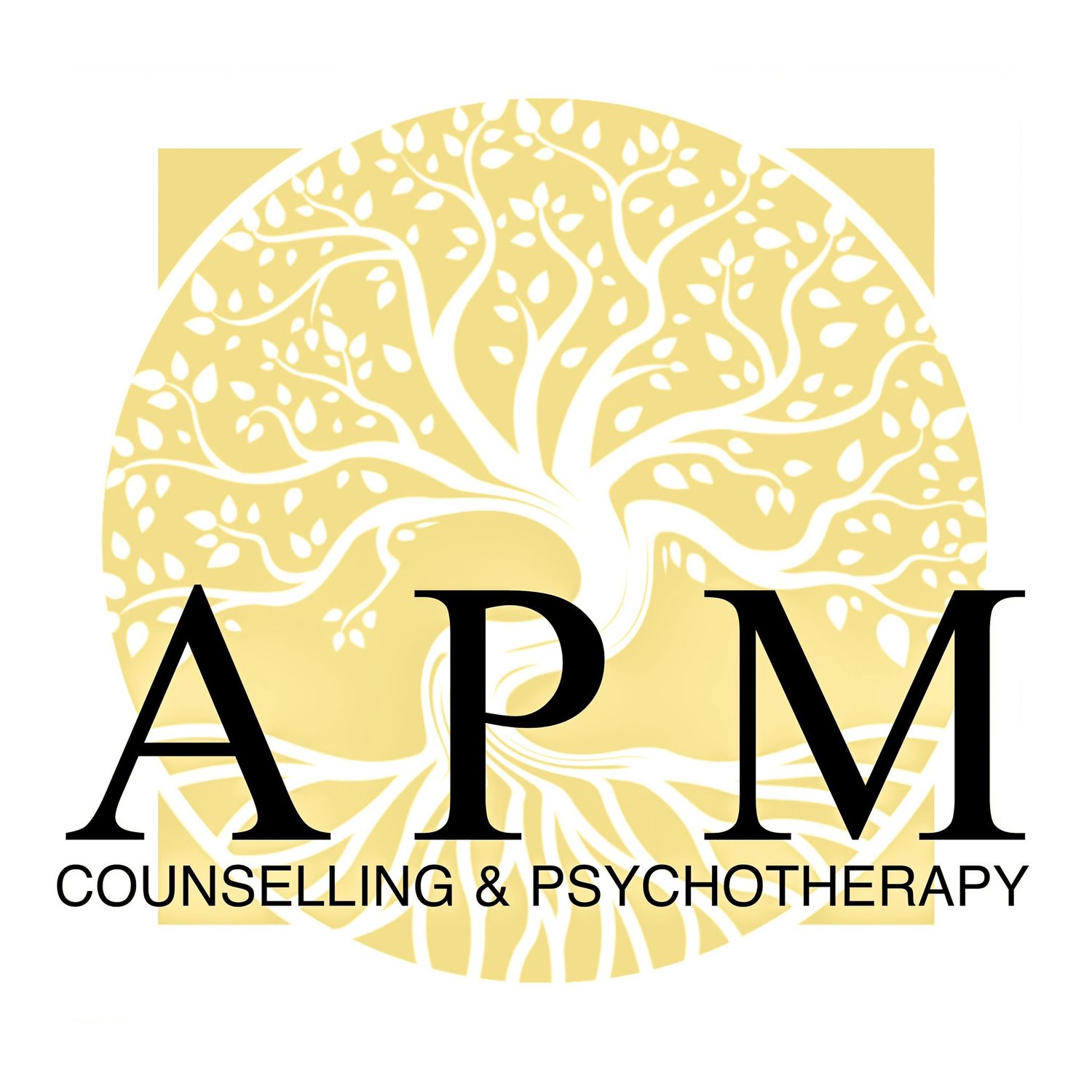Anxiety
Anxiety and fear disorders can be seen as an intense fear that will bring different behaviours and symptoms that in turn can affect an individual's personal, social, educational, and occupational lives. Anxiety and worry are very common and part of day-to-day life but usually individuals can regulate them. It only becomes an issue it is persistence.
According to ICD-11 fear and anxiety are very similar. While fear is linked to a reaction to a current threat, anxiety is focused more on the future and what can happen later on.
Generalised Anxiety Disorder
Symptoms of anxiety for more than six months.
Excessive worry around family, finances, health, school, or work.
It is more prevalent in women.
Other Symptoms:
· Muscle tension
· Nausea
· Abdominal pain
· Heart palpitations
· Sweating
· Trembling
· Shaking
· Dry mouth
· Nervousness
· Restlessness
· Being on edge
· Difficulty concentrating
· Irritability
· Sleep disturbances
It is important to note that these symptoms are not linked to any other mental health illness, it is not a side effect as a result of taking certain medication.
Panic Disorder
Panic attacks can be defined as intense fear or apprehension accompanied by the rapid and concurrent onset of several characteristic symptoms. (ICD-11, 2025). Meanwhile, Panic disorder is the continuous panic attacks that occur unexpectedly. As the individual becomes worried about the re-occurrences their personal, social, family, educational and work lives start to be affected.
Panic attacks can take a few minutes and is more prevalent on young women.
Other Symptoms:
· Palpitations or increased heart rate
Sweating
Trembling
Sensations of shortness of breath
Feelings of choking
Chest pain
Nausea or abdominal distress
Feelings of dizziness or light-headedness
Chills or hot flushes
Tingling or lack of sensation in extremities (i.e., paraesthesia)
Depersonalization or derealization
Fear of losing control or going mad
Fear of imminent death
It is important to note that these symptoms are not linked to other mental health illnesses.
Agoraphobia
Agoraphobia is most commonly known as being afraid of going outside. According to ICD-11 it can be characterized as being afraid of using public transports, being in crowds, being outside the home alone. Individual’s can have panic attacks when confronting any of those situations.
Other Symptoms:
· Excessive fear and anxiety of using, public transport, being in crowds, being outside the home alone.
· Consistent fear and anxiety of developing panic attacks, symptoms of panic, embarrassing physical symptoms such as incontinence.
· Symptoms persist for several months.
It is important to note that these symptoms are not linked to other mental health illnesses.
Social Anxiety Disorder
Social Anxiety Disorder can happen when an individual has a fear or anxiety around social situations such as having a conversation with someone or feeling anxious when eating or drinking in public. They are afraid that others will negatively evaluate their actions.
Other Symptoms
· Muscle tension
· Nausea
· Abdominal pain
· Heart palpitations
· Sweating
· Trembling
· Shaking
· Dry mouth
· Nervousness
· Restlessness
· Being on edge
· Difficult concentrating
· Irritability
· Sleep disturbances
· Certain social situations are avoided
It is important to note that these symptoms are not linked to other mental health illnesses.
Separation Anxiety Disorder
Separation Anxiety Disorder is when the individual is marked with fear or anxiety when separating from an attachment figure. This is very common in young children towards their parents or guardians. In adults the occurrence is towards children or a partner.
Other Symptoms
· Continuous thoughts that harm will happen that will lead to separation, such as kidnapping.
· Refusal to go to school or work
· Excessive distress related to being separated from the attachment figure
· Nightmares about the separation
· Nausea, vomiting, stomach-ache, headache on situations that involve separation from attachment figure.
It is important to note that these symptoms are not linked to other mental health illnesses.
Or
contact us on info@apmcounselling.com
